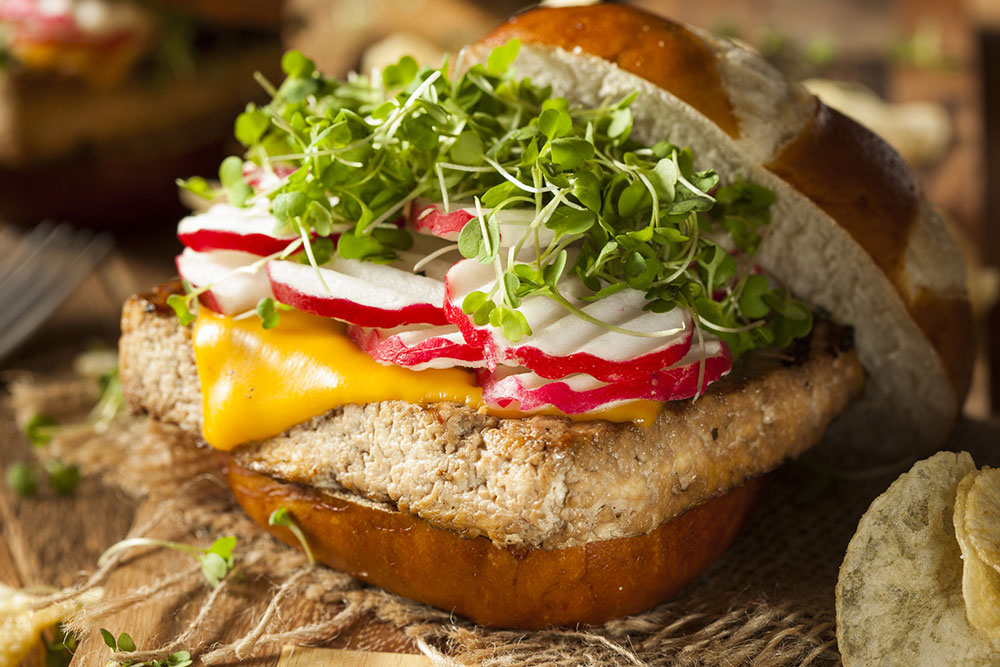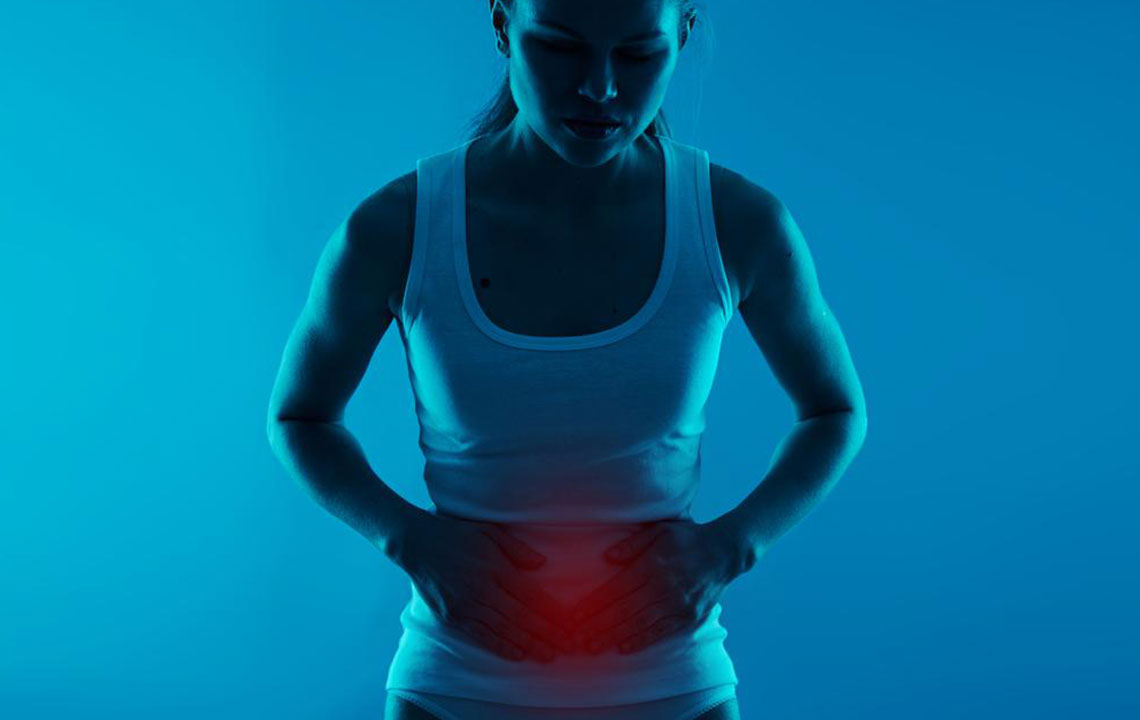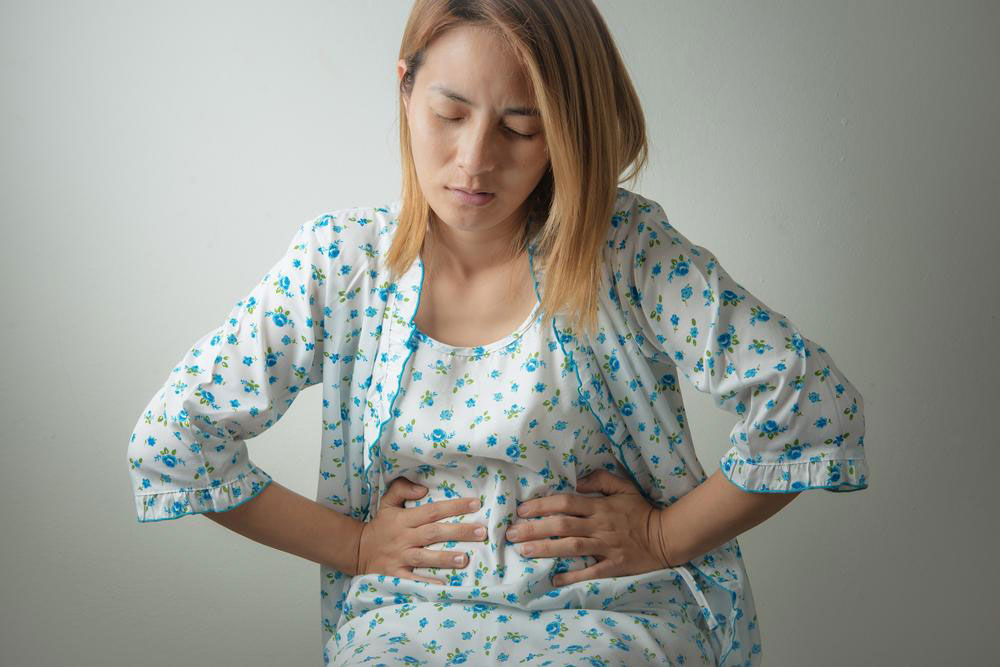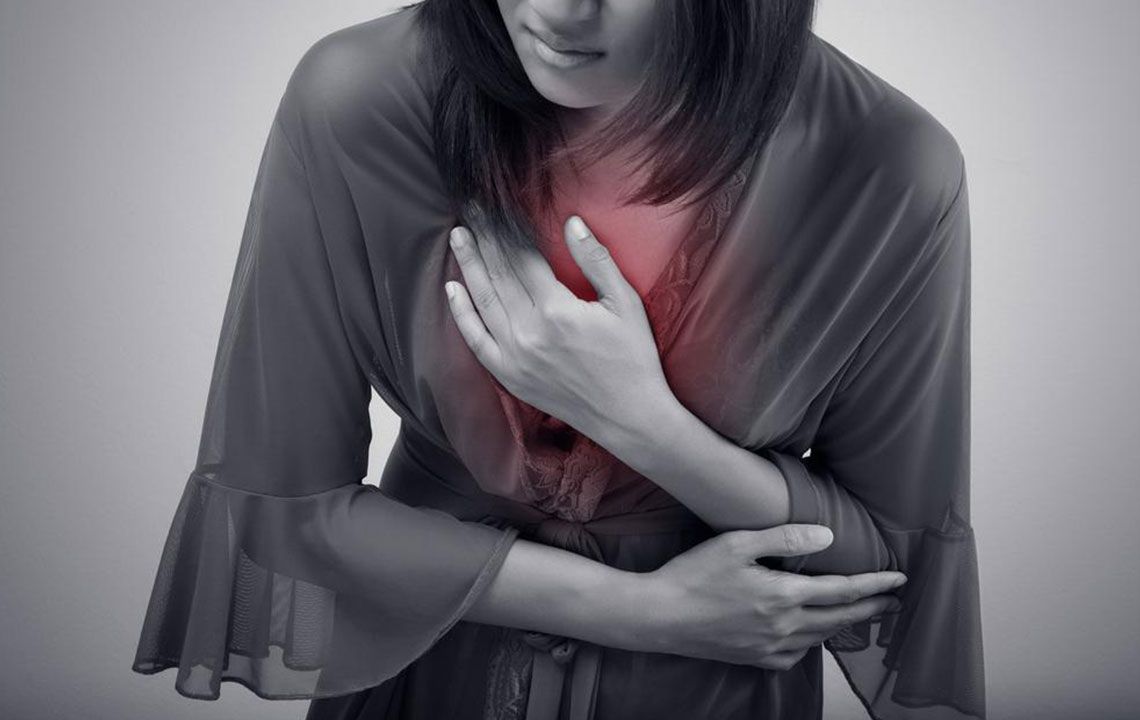Healthy Gallbladder Diet: Essential Guidelines for Optimal Digestive Health
Learn essential tips for maintaining a healthy gallbladder through proper diet and lifestyle adjustments. This comprehensive guide covers common gallbladder issues like inflammation and gallstones, treatment options, and dietary strategies such as high-fiber foods, lean meats, and reducing fatty foods. Prioritize your digestive health with expert-approved advice to prevent complications and improve overall wellbeing.
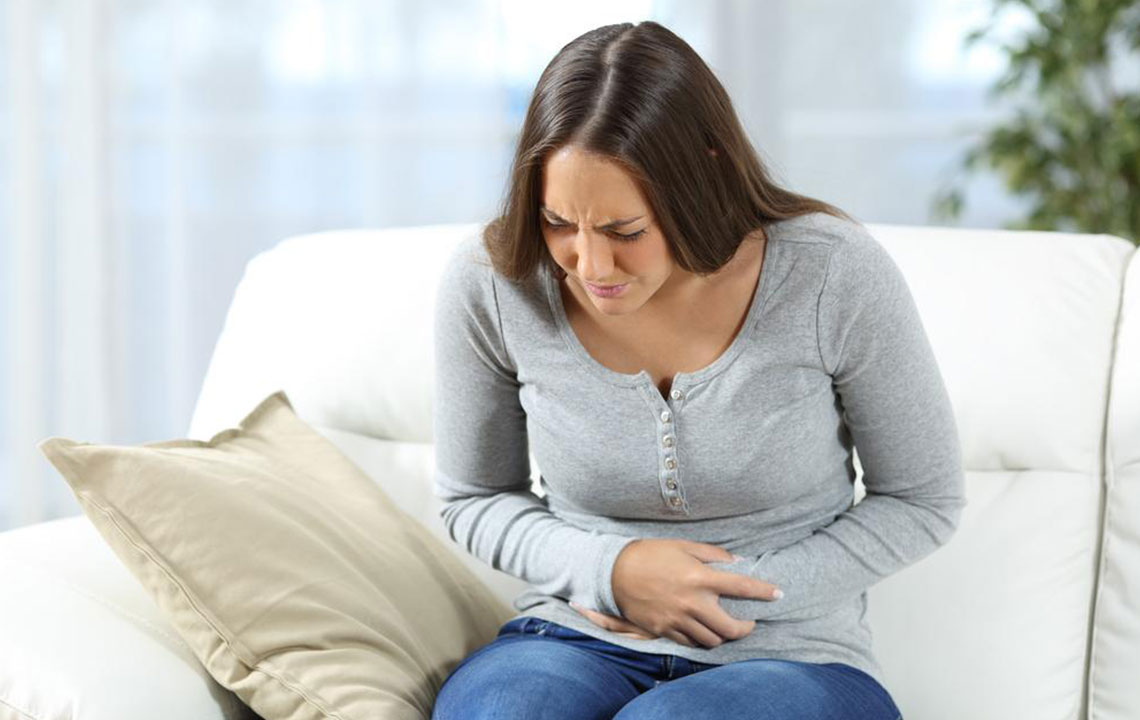
Comprehensive Guidelines for a Gallbladder-Friendly and Healthy Diet
The human body is a marvel of interconnected systems, where each organ plays a vital role in maintaining overall health. Among these, the gallbladder, a small but crucial organ located in the upper right abdomen just beneath the liver, is essential for healthy digestion, especially when it comes to processing dietary fats. Maintaining a healthy gallbladder requires understanding its function, recognizing common issues, and adopting appropriate dietary habits that support its health.
The gallbladder’s primary function is to store and concentrate bile, a digestive fluid produced by the liver. Bile is essential for breaking down fats into manageable molecules that the body can absorb. Without properly functioning gallbladder processes, fat digestion becomes inefficient, leading to nutritional deficiencies and discomfort. Proper management of gallbladder health also helps in preventing common conditions such as gallstones, inflammation, and bile duct problems.
Common Gallbladder Issues and Their Impact on Health
Inflammation (Cholecystitis): Gallbladder inflammation, known as cholecystitis, can occur suddenly—or develop gradually over time. This condition causes pain, swelling, and can interfere with the organ's ability to store and release bile effectively. Persistent inflammation may also impact adjacent organs such as the liver and kidneys, potentially leading to complications if not managed properly.
Gallstones: One of the most prevalent gallbladder problems, gallstones are hardened deposits made predominantly of cholesterol or bilirubin, which form in the gallbladder. They often develop without symptoms but can cause severe pain when they obstruct bile flow. Large gallstones can block the bile ducts, leading to inflammation, infections, or more serious complications such as gallbladder rupture if left untreated.
Other Gallbladder Conditions: Additional issues include bile duct stones, abscesses, or jaundice resulting from blockages or infections. These conditions can lead to yellowing of the skin and eyes, digestive disturbances, and general health deterioration if unmanaged.
Digestive Disorders Associated with Gallbladder Problems: When the gallbladder is compromised, digestion becomes inefficient, often causing symptoms such as acid reflux, cramping, bloating, and heartburn. Managing these symptoms involves dietary adjustments and, in some cases, medical or surgical intervention.
Approaches to Treatment and Management: Treatment options depend on severity and specific diagnosis. They can include medication to dissolve stones, antibiotics for infections, or surgical removal of the gallbladder (cholecystectomy). Post-surgery dietary modifications are necessary to ensure ongoing digestive health and prevent complications.
Dietary Recommendations for Gallbladder Health: A balanced diet focusing on high-fiber fruits and vegetables supports digestion and reduces strain on your gallbladder. Limiting intake of fatty and fried foods, avoiding heavy dairy products, and choosing lean protein sources such as chicken and fish are effective strategies. Emphasizing small, frequent meals can also help prevent overload. Always work with a healthcare professional before making significant dietary changes, especially if you have existing gallbladder issues.
Implementing these nutritional guidelines can promote healthy bile flow, reduce inflammation, and prevent gallstone formation—leading to a more comfortable digestive process and better overall health. Proper management of your diet is a key component in maintaining a healthy gallbladder and preventing long-term complications.
